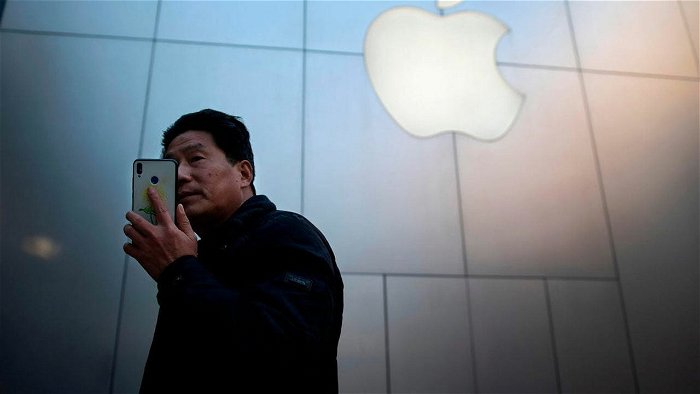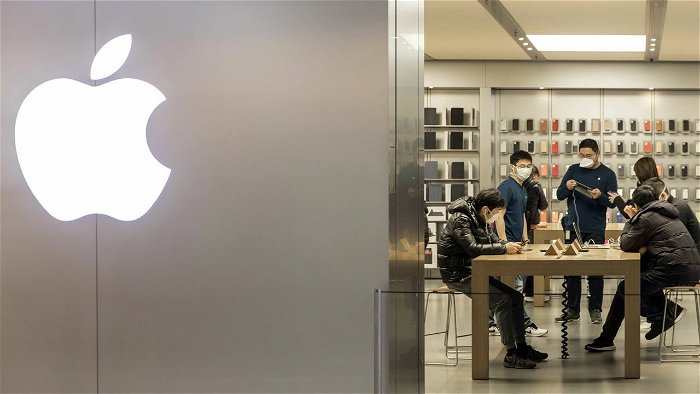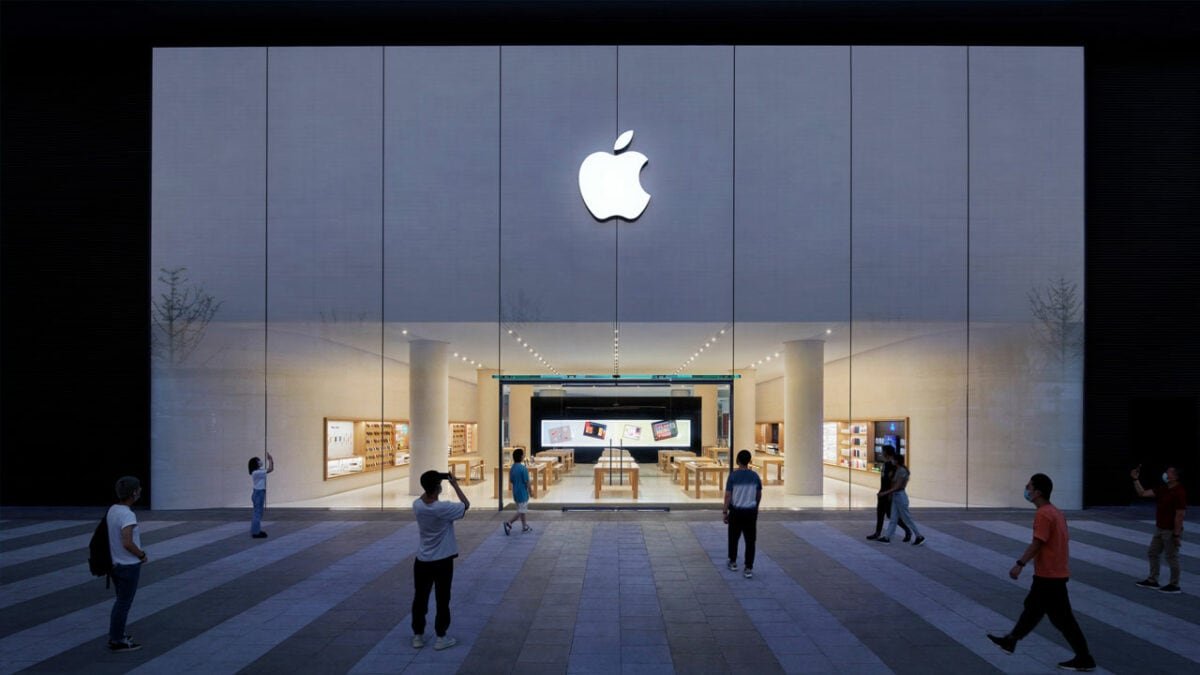Apple recently announced a software update in China that strictly limits the iPhone users ability to exchange files and images using AirDrop, a function that was utilized to anonymously spread anti-government content.
When AirDrop was first released in 2011, it allowed adjacent Apple devices to transfer files via both Bluetooth and Wi-Fi. Users are typically given the option to disable the feature, restrict it to certain contacts, or accept files from “everyone” for an arbitrary period of time. However, this function will no longer grant users in China complete freedom.
This week’s iOS 16.2 beta 2 and iOS 16.1.1 both featured an update that made note of the fact that iPhone users in China will have a 10-minute time limit when choosing to allow AirDrop for “everyone,” after which it reverts back to just contacts. With this modification, it is now significantly harder to send and receive uncensored content in China as people can no longer leave AirDrop enabled for everyone at once for an indefinite period of time.
Throughout recent weeks, anti-government propaganda has spread in China in relation to the October 13th Sitong Bridge incident in Beijing, where a lone protester—still unidentified—hung banners to criticize China’s leader from an overpass in Beijing’s Haidian area. The limitations to AirDrop in China are most likely the result of protesters in the country utilizing the tool to spread posters and slogans denouncing Xi Jinping and the Chinese government.
“Food, not COVID tests. Reform, not Cultural Revolution. Freedom, not lockdown. Votes, not a leader. Dignity, not lies. Citizens, not slaves,” one read from the banner, with the same slogans chanted by a megaphone.

One of China’s most popular social media platforms, Weibo, started to restrict wordings like “Beijing” and “Haidian” on that particular day and was still banning “Sitong Bridge,” the protest’s location. Beijing’s first objective is to control the amount of unwelcome conversations that the Chinese population are exposed to. Examples include social media posts with the term “bridge” disappearing after a few hours and users being kicked off the main app if they continue to promote the message.
AirDrop continued to be one of the few sources of uncensored content in the country where individuals dispersed various forms of protest due to its highly regulated and limited information environment. With its removal, many are challenging Apple’s decision to participate in this apparent open violation of human rights.
“The change makes it harder to distribute content to strangers en masse, removing the risk of AirDrop being used by critics of the Chinese government to spread their messages to the public in any substantial ways,” said Yaqiu Wang, a senior China researcher for Human Rights Watch.
Only iPhone models sold in China will be impacted by this update because the restriction appears to be entirely hardware-based rather than software-based. However, this isn’t the first time Apple has implemented an iOS restriction for the Chinese Government; in the past, the Taiwanese flag emoji has also been completely removed from iPhones sold in China, and the volume of devices sold in European Union countries has been restricted in accordance with the law.

Apple has and will likely continue to comply with China’s stringent business environment, especially given that China was Apple’s third-largest market by region, accounting for $15.47 billion in net sales, a compelling incentive to limit its users’ accessibility—many of whom do not have access to a number of App Store applications or Apple Services.
It is alarming to realize that major tech firms like Apple have the power to subtly and easily alter how the public perceives the world around them as it becomes more dystopian with each update. While the number of protests in Hong Kong are increasing, will Apple’s ethics continue to decline?



